Former college and university presidents: Higher education must do better, but politically driven government intervention is not the solution
The Trump administration should halt its destructive attack on higher education—and establish a constructive dialogue.

As former presidents of American colleges and universities who care deeply about the contribution of higher education to our country, we call on the Trump administration to end the destructive attacks on colleges and universities and establish a constructive dialogue with board trustees and presidents over university governance and educational guidelines. The federal government’s aggressive threats to withdraw funding and the ideological conditions it has named for reinstating withdrawn funds—before formal investigation, hearing, or reporting—are illegal under Title VI the Civil Rights Act of 1964 and unconstitutional under the First Amendment. These threats directly imperil the core mission of colleges and universities: to prioritize open dialogue, free inquiry, academic integrity, and the unfettered pursuit of truth. Our nation’s colleges and universities have served as engines of creativity and innovation, contributing exponentially more than their costs to the prosperity, safety, security, and well-being of Americans and our nation.
We support board trustees and presidents as they collectively defend the values and ideals of higher education; resist and legally challenge unlawful demands that threaten academic freedom and university self-governance; protect departments and programs against political threats; preserve science and other research from funding cuts by providing legal and financial support to affected scholars and research units; and promote the exercise of free expression and a culture of civil discourse. We ask the American public to productively engage in community forums and find solutions to the challenges facing their alma maters as well as their regional and local academic institutions.
We recognize that recent events on college campuses raise legitimate concerns about the independent mission and governance of these schools. Academic institutions should never insist that any student or scholar display ideological purity. Nor should they ever be externally pressured to do so. Matters of social justice or partisan politics must not take precedence over the core mission of colleges and universities, namely the pursuit of truth, advancement of knowledge, and education of responsible citizens.
However, arbitrary assaults on higher education—bypassing legally-required due process—have an extremely chilling effect on campus life and undermine the unique contributions of higher education to the nation’s economic vitality, to U.S. technological leadership, to the cultural pillars of our society, to health care, and to the quality of life in communities around the nation. The economic contributions of these institutions to American GDP underpin the $7 trillion in digital transactions that occur each year; the biotech sector’s $3 trillion annual contribution to U.S. GDP; and the $5+ trillion in annual investments to AI and other emerging technologies. Together, these industries, each closely linked to academic programming, contribute nearly half of American GDP, account for the majority of annual GDP growth, and amount to twice the spending of the federal government. The trade surplus from higher education accounts for nearly 14% of total U.S. services trade surplus—comparable to the combined exports of soybeans, coal, and natural gas. A global magnet, international student tuitions contribute $45 billion to the US economy. Colleges and universities are also responsible for massively increasing the average lifespan, improving socio-economic mobility and access to opportunity, and training millions of highly skilled workers. Their innovation and dynamism play an essential part in promoting American prosperity and global leadership. U.S. colleges and universities remain the best in the world, but every assault on their academic freedom threatens this standing.
We call on the Trump administration to halt its destructive, ever-increasing attack on higher education. We encourage all boards of trustees to avoid concessions toward core institutional principles while encouraging their presidents to speak out in defense of their own schools.
Authors:
- Edward Ayers, University of Richmond
- Kimberly Benston, Haverford College
- Lee Bollinger, Columbia University, University of Michigan
- Phil Boroughs, SJ, College of the Holy Cross
- Richard Brodhead, Duke University
- Robert Brown, Boston University
- Carol T. Christ, University of California – Berkeley
- Mary Sue Coleman, University of Michigan
- Ron Crutcher, Wheaton College
- Adam Falk, Williams College
- Jonathan Fanton, The New School
- Wayne A. I. Frederick
- Stephen Friedman, Pace University
- Amy Gutmann, University of Pennsylvania
- Andrew Hamilton, New York University
- Phil Hanlon, Dartmouth College
- Robert Head, Rockford University
- Freeman Hrabowski, The University of Maryland, Baltimore County
- Nan Keohane, Duke University, Wellesley College
- Brit Kirwan, University System of Maryland
- Tony Marx, Amherst College
- Gail Mellow, LaGuardia Community College – City University of New York
- Anthony Monaco, Tufts University
- Richard Morrill, Centre College
- M. Duane Nellis, Ohio University, Texas Tech University, University of Idaho
- Lynn Pasquerella, Mount Holyoke College
- Laurie Patton, Middlebury College
- Gregory Prince, Hampshire College
- L. Song Richardson, Colorado College
- Mark Schlissel, University of Michigan
- Jake Schrum, Southwestern University, Texas Wesleyan University
- Allen L. Sessoms, Delaware State University, University System of DC, Queens College – City University of New York
- Donna Shalala, University of Miami, University of Wisconsin-Madison, Hunter College of the City University of New York
- Teresa Sullivan, University of Virginia
- Beverly Daniel Tatum, Spelman College
- Lara Tiedens, Scripps College
- Steve Trachtenberg, George Washington University
- Daniel H. Weiss, Haverford College, Lafayette College
- Julie Wollman, Widener University
- Meredith Woo, Sweet Briar College
The opinions expressed in Fortune.com commentary pieces are solely the views of their authors and do not necessarily reflect the opinions and beliefs of Fortune.
This story was originally featured on Fortune.com




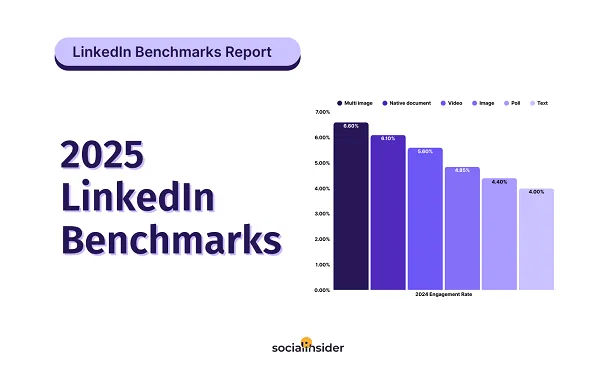



























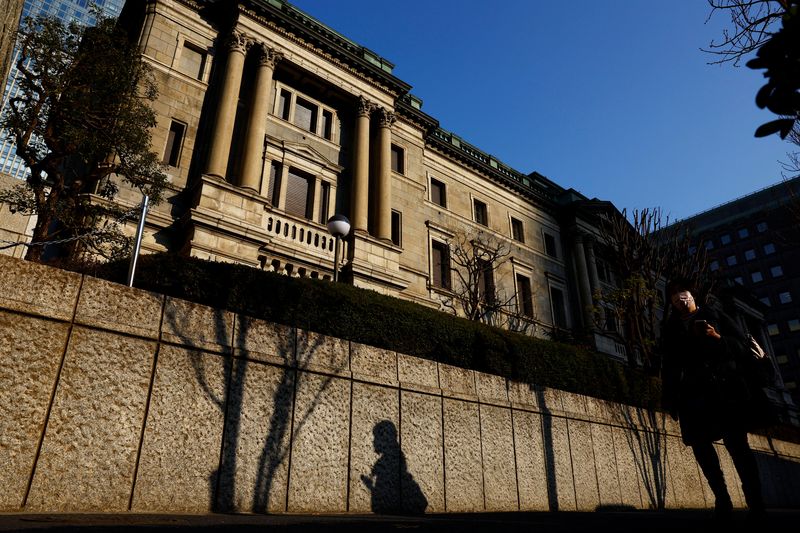

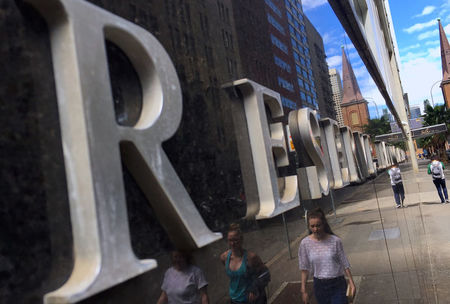









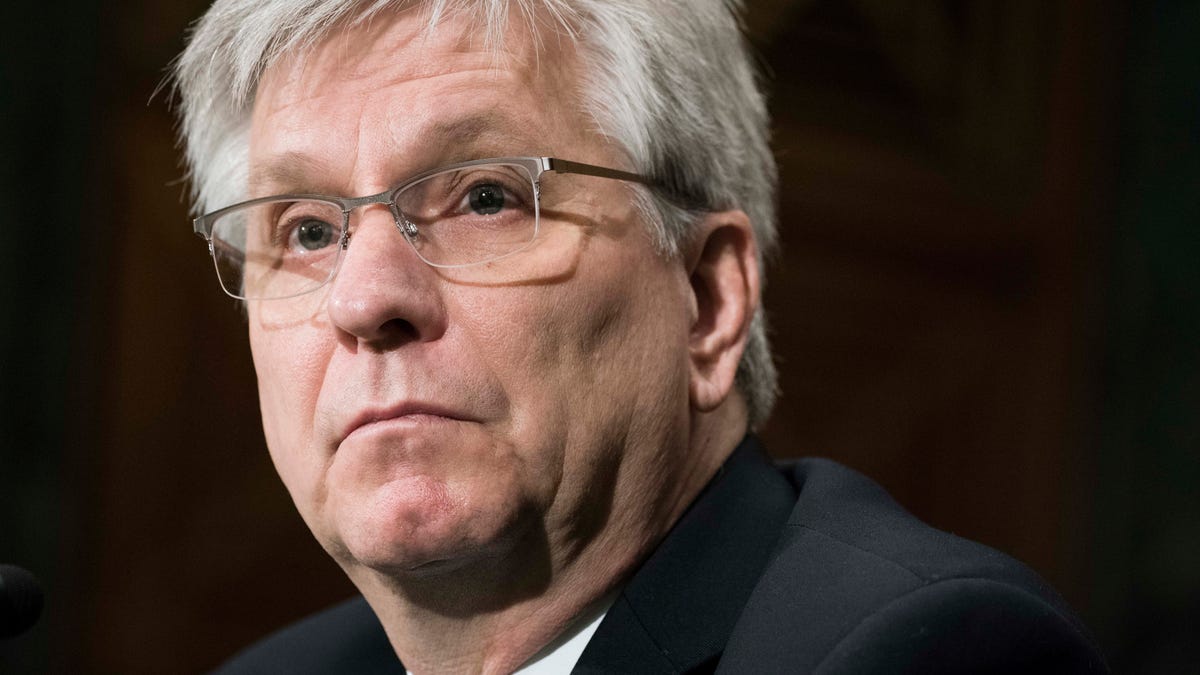
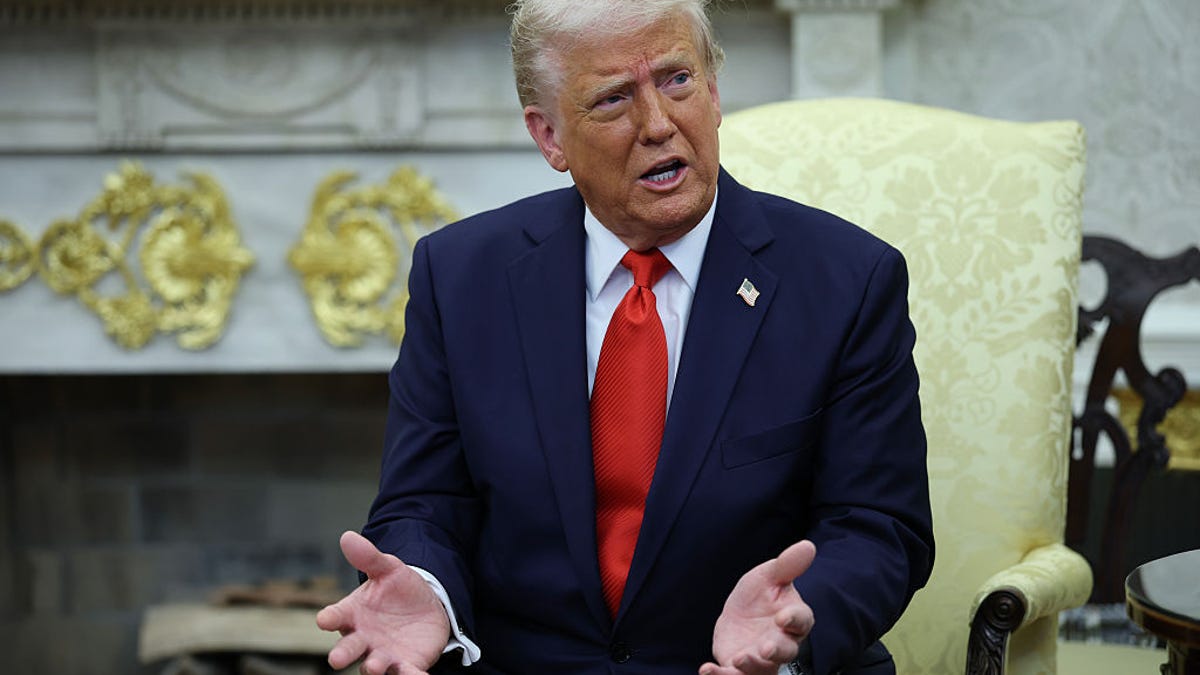











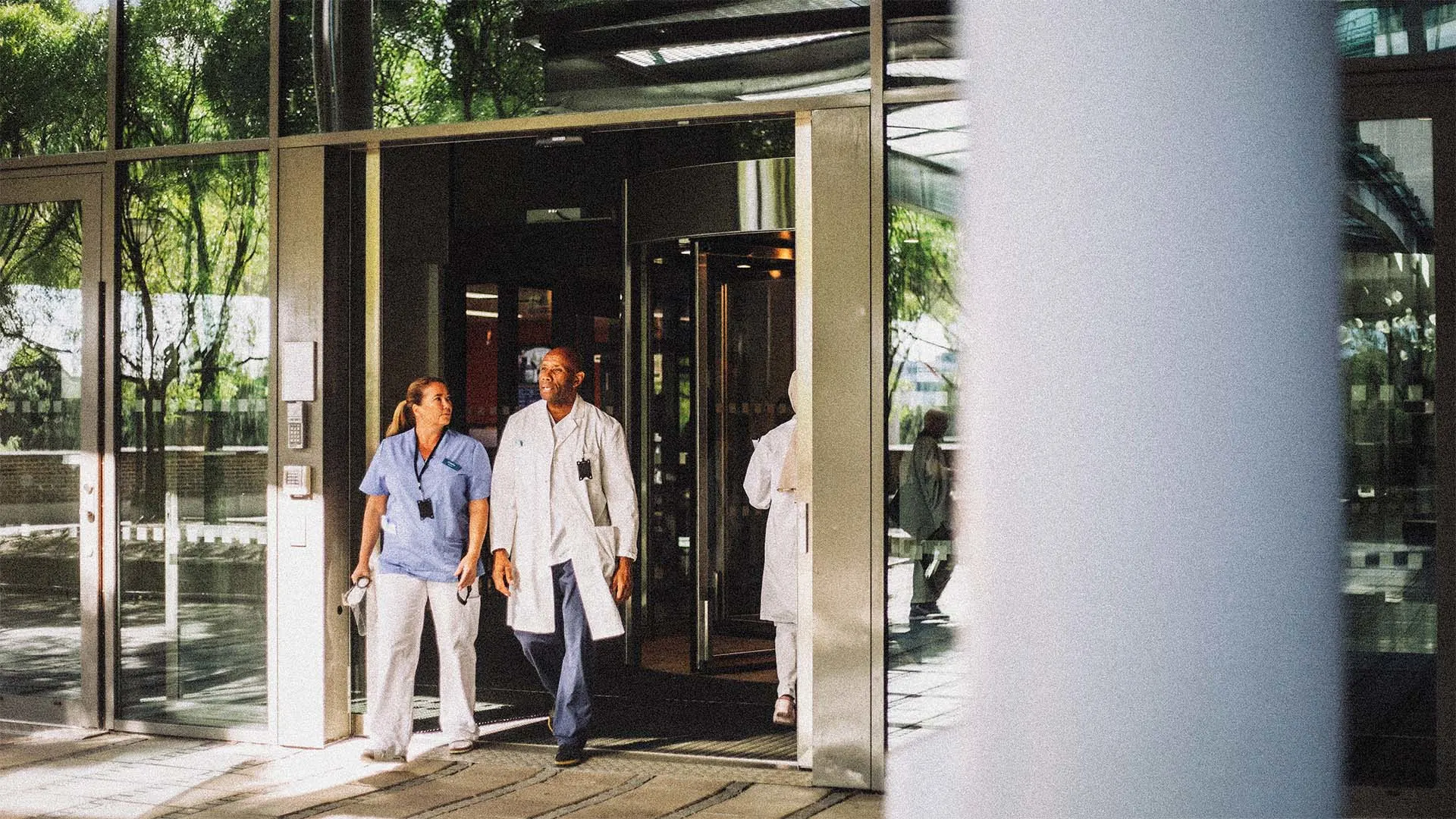
















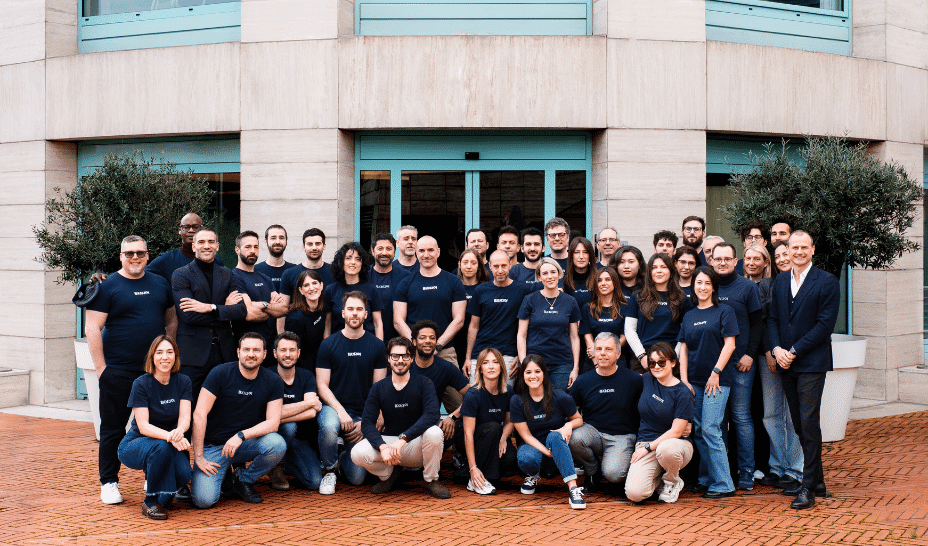



















































































































![How to Find Low-Competition Keywords with Semrush [Super Easy]](https://static.semrush.com/blog/uploads/media/73/62/7362f16fb9e460b6d58ccc09b4a048b6/how-to-find-low-competition-keywords-sm.png)



